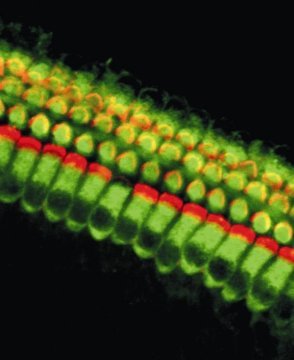
Over the past few years, the trendy ketogenic diet (or keto, for short) has been adopted by celebrities and health junkies alike. The high-fat, low-carb diet comes with a laundry list of potential health benefits, including weight loss and lower blood-sugar levels. Keto has also been linked to a reduced risk of diseases like diabetes, cancer and the flu. Scientists have even suggested that a keto diet might boost brain function and serve as a possible treatment for Alzheimer’s disease.
But embracing a keto lifestyle doesn’t come without a few drawbacks — and not just saying bye-bye to bread, either. Among these is what’s called the keto flu, a cluster of symptoms that emerge between two and seven days after starting the diet. These include headache, fatigue, nausea and so-called “brain fog,” which refers to mental fatigue, hazy thinking and difficulty with concentration and memory. Brain fog is not considered an official medical diagnosis.
While there has been little research on what, exactly, causes keto flu and brain fog, the symptoms might be the body’s response to carb withdrawal. Typically, keto practitioners report that the symptoms are short-lived, lasting only a few days, as they transition away from carb-centric foods. Things like drinking plenty of water and increasing salt intake, while avoiding too much strenuous exercise, might help relieve these cognitive blips.
[“source=discovermagazine”]




















